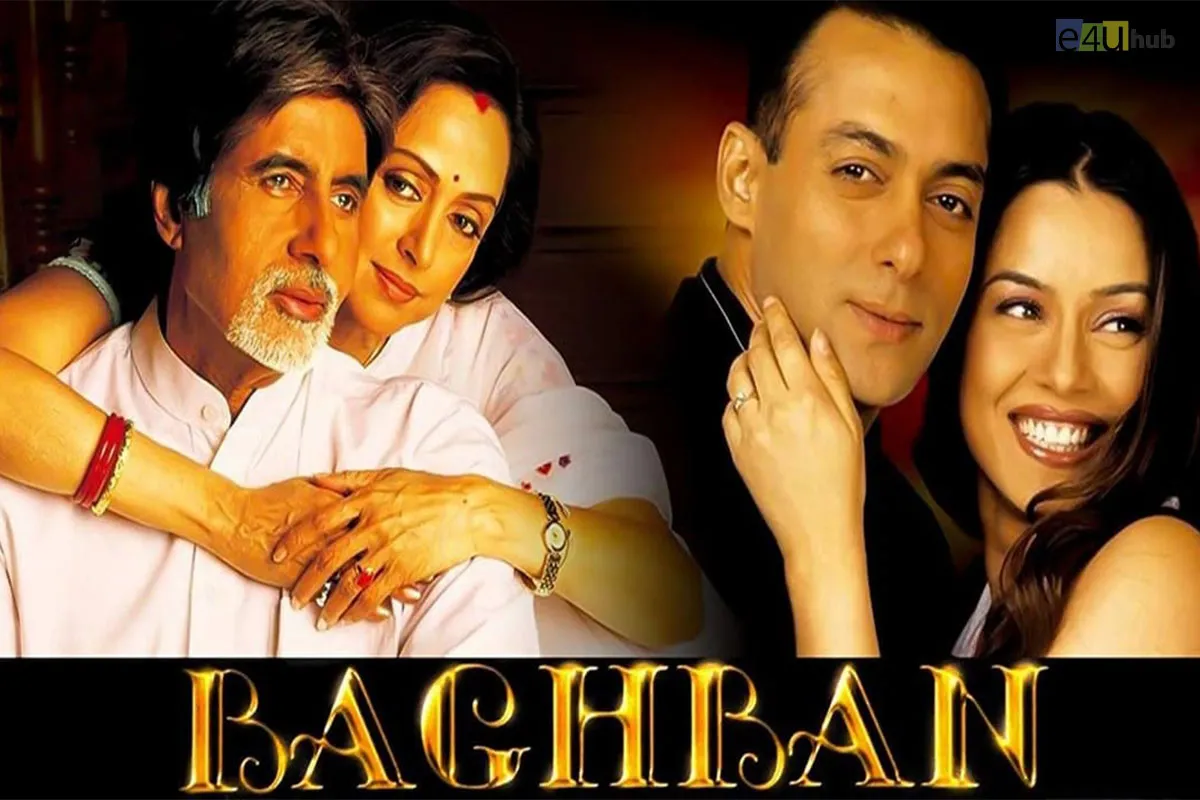
The Importance of Film Preservation
- 21 Nov, 2023
- Entertainment
- 567 Views
- 0 Comments
In the fast-paced world of technology and digital media, the importance of preserving our cinematic heritage can sometimes be overshadowed by the allure of the latest blockbuster or streaming sensation. Yet, the art of film is not just a form of entertainment; it's a historical and cultural treasure that deserves meticulous care and preservation. In this blog, we delve into the often-unseen importance of film preservation and why it is crucial for safeguarding the rich tapestry of our shared human experience.
1. Cultural Time Capsules: Films are more than just moving images on a screen; they are cultural time capsules that capture the ethos of their time. From the silent films of the early 20th century to the blockbusters of today, each movie reflects the societal norms, values, and artistic trends of the era in which it was created. Film preservation ensures that these reflections are not lost to the sands of time.
2. Learning from the Past: Just as literature and art provide insights into history, films offer a unique perspective on the past. Preserving films allows future generations to witness the evolution of storytelling, technology, and social dynamics. It's a visual journey through time that enhances our understanding of where we come from and where we are headed.
3. Artistic Legacies: Filmmaking is an art form, and every film is a unique expression of the creative minds behind it. Directors, actors, cinematographers, and other artists contribute their talents to craft a piece of art that resonates with audiences. Film preservation ensures that these artistic legacies endure, inspiring future generations and serving as a reference point for aspiring filmmakers.
4. Documenting Diverse Voices: Films have the power to amplify diverse voices and perspectives. They tell stories from different cultures, regions, and communities, fostering empathy and understanding. Preserving these films is a commitment to maintaining a diverse and inclusive record of our shared human experience.
5. Technological Nostalgia: The evolution of film technology is a fascinating journey in itself. From grainy black-and-white classics to the technicolor wonders of the mid-20th century and the digital revolution of the 21st century, each era brings its technological innovations. Preserving films allows us to revisit these milestones and appreciate the technological marvels that have shaped the cinematic landscape.
6. Educational Resources: Films are invaluable educational resources. They bring history, literature, science, and culture to life in a way that textbooks cannot. Film preservation ensures that educators have access to a rich array of visual materials that can enhance learning experiences in classrooms and beyond.
Conclusion:
Film preservation is more than a duty to the past; it's a commitment to the future. It's about safeguarding our cultural heritage, learning from the past, and ensuring that the artistic and technological achievements of the film industry continue to inspire and inform generations to come. As we immerse ourselves in the cinematic wonders of today, let us not forget the importance of preserving the treasures that paved the way for the magic of the silver screen.















Leave a Reply